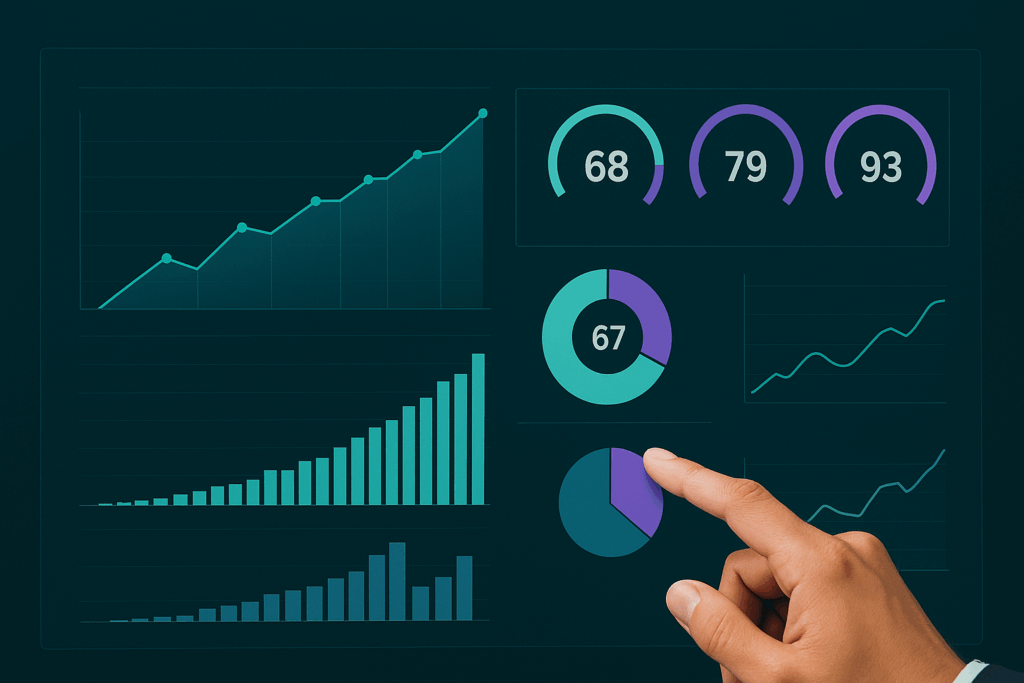Dynamic Pricing increases your revenue by 3 to 5%
Dynamic Pricing still scares many companies. However, those that adopt it are better able to fill their capacity and increase...
See moreThe go-to hub for Revenue Management & Pricing experts. Advice, analysis, and industry insights for all professionals who leverage revenue optimization as a driver of business performance, across all industries.

Dynamic Pricing still scares many companies. However, those that adopt it are better able to fill their capacity and increase...
See moreEvery hotelier creates a different experience, atmosphere and emotion. Yet many continue to base their prices on those of their...
See moreLe secteur très concurrentiel de l’hébergement touristique, l’Hospitality, est en constante évolution. Pour se démarquer dans cet environnement compétitif, les...
See moreThe cinema industry is no exception when it comes to dynamic pricing. However, unlike other ticketing sectors, variable pricing based...
See moreFor almost two decades, the tourism landscape has been marked by the emergence of an alarming phenomenon: overtourism. Amplified by...
See moreToo often, your tables are marked as “full”... yet there is still untapped potential. Discover how Revenue Management can transform...
See moreYou can't build a powerful RMS by staying confined to one sector. You build it by understanding demand, modeling complexity,...
See moreLa Poste is going through a deep crisis due to the continuous decline in postal mail usage. To offset this...
See moreArtificial intelligence is making its way into airline pricing with ultra-personalized practices. Between technological opportunities and ethical risks, is revenue...
See morePlummeting prices, empty stadiums, ticketing panic… What if the real problem was timing? At Revbell, we’ve broken down the pricing...
See moreThe promise is enticing: “What if you could travel by train this summer… for half the price? This summer, SNCF...
See moreThe simplistic definition of yield management — “selling to the right customer, at the right time, and at the right...
See more